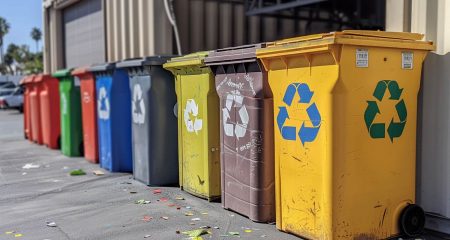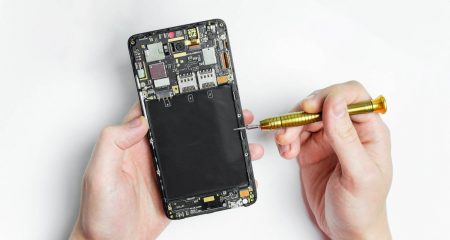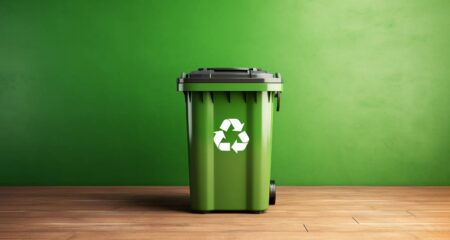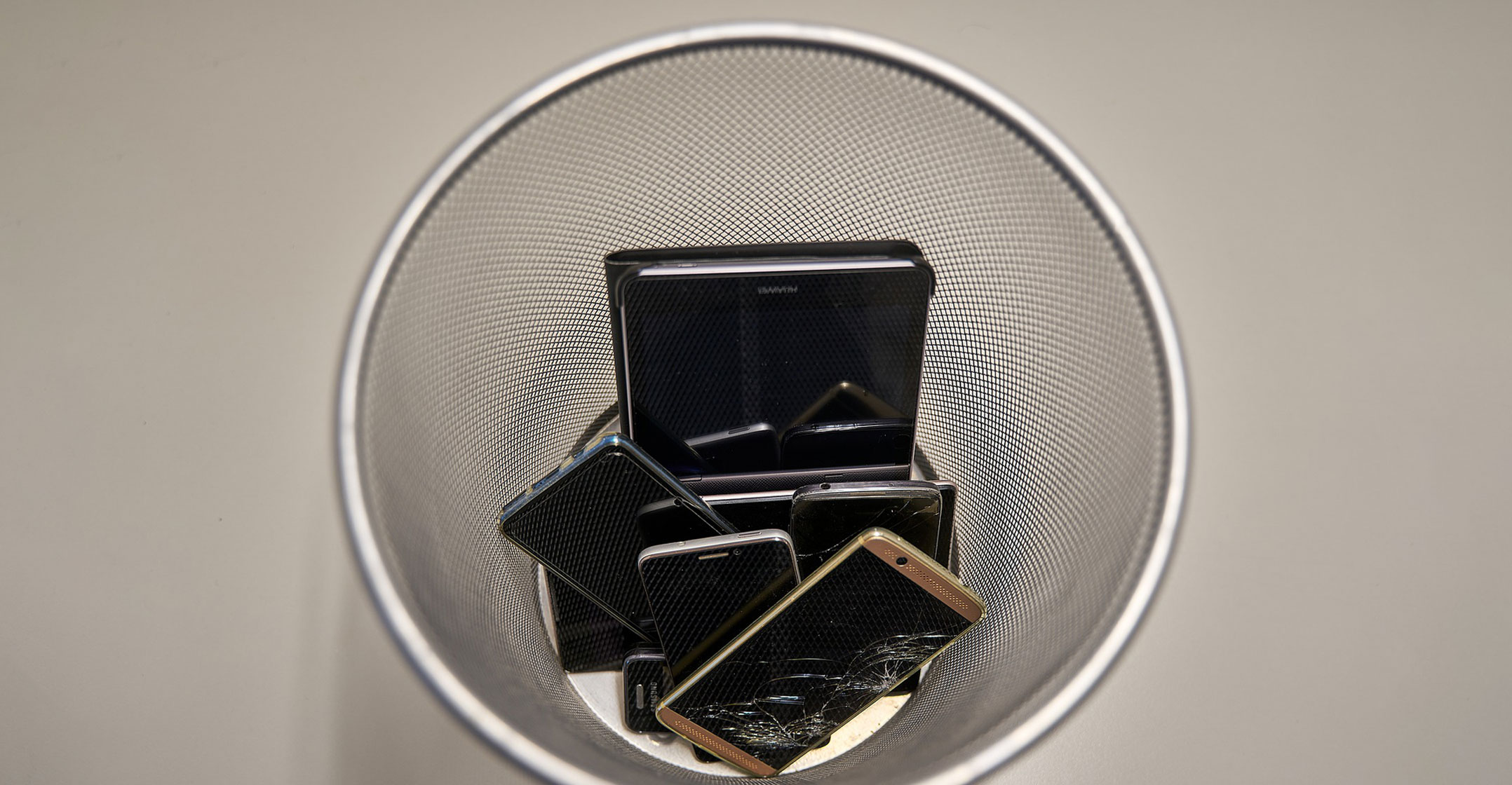 New regulations dealing with the end-of-life management of lighting and electrical and electronic waste have come into full force – and companies throughout the supply and distribution chain that fail to comply face the threat of hefty fines or even jail time.
New regulations dealing with the end-of-life management of lighting and electrical and electronic waste have come into full force – and companies throughout the supply and distribution chain that fail to comply face the threat of hefty fines or even jail time.
The Extended Producer Responsibility (EPR) regulations, created under section 18 (1) of the National Environmental Waste Management Act, affect all companies involved in the lighting, electrical and electronics industries, including those who sell computer and IT equipment, smartphones and renewable energy equipment. Battery importers or manufacturers and direct distributors, as well as the paper and packaging and single use product sectors, are also all impacted.
The regulations were published in November 2020, with amendments made on 5 May 2021. They came into full force six months later, on 5 November 2021.
Companies that had not by 4 November registered with their sector’s relevant “producer responsibility organisation” – PROs that are established in terms of the EPR rules – with the intent to pay the prescribed regulatory fees based on forecasted import or manufacturing volumes, could find themselves criminally liable.
The idea behind the regulations is to ensure producers take full responsibility for the lifecycle of products, past the point where a consumer needs to dispose of it responsibly. The hope is that the regulations will mean electrical and electronic products – most of them potentially harmful to the environment – don’t end up in landfills. The regulations are also meant to ensure products are recovered and recycled as much as possible, rather than adding to the growing e-waste problem.
Wide reach
And the reach of the regulations is wide: They affect not only the manufacturer of a printer, say, but also the local company that directly imports and distributes the printer or resells it, or the importing retailer who stocks it and sells it on to an end user. These companies are all considered “producers” under the regulations.
According to Patricia Schröder, chair of the Institute of Waste Management of Southern Africa, the regulations have been in development for the past decade and, because of this, no one should still be unaware of their existence.
Indeed, there have been years of wrangling between industry and government about how to implement and enforce rules around the safe and environmentally sound recovery and recycling of waste electrical and electronic equipment. There has also been considerable engagement with industry associations and companies, though Schröder concedes not everyone may have been aware, especially smaller companies.
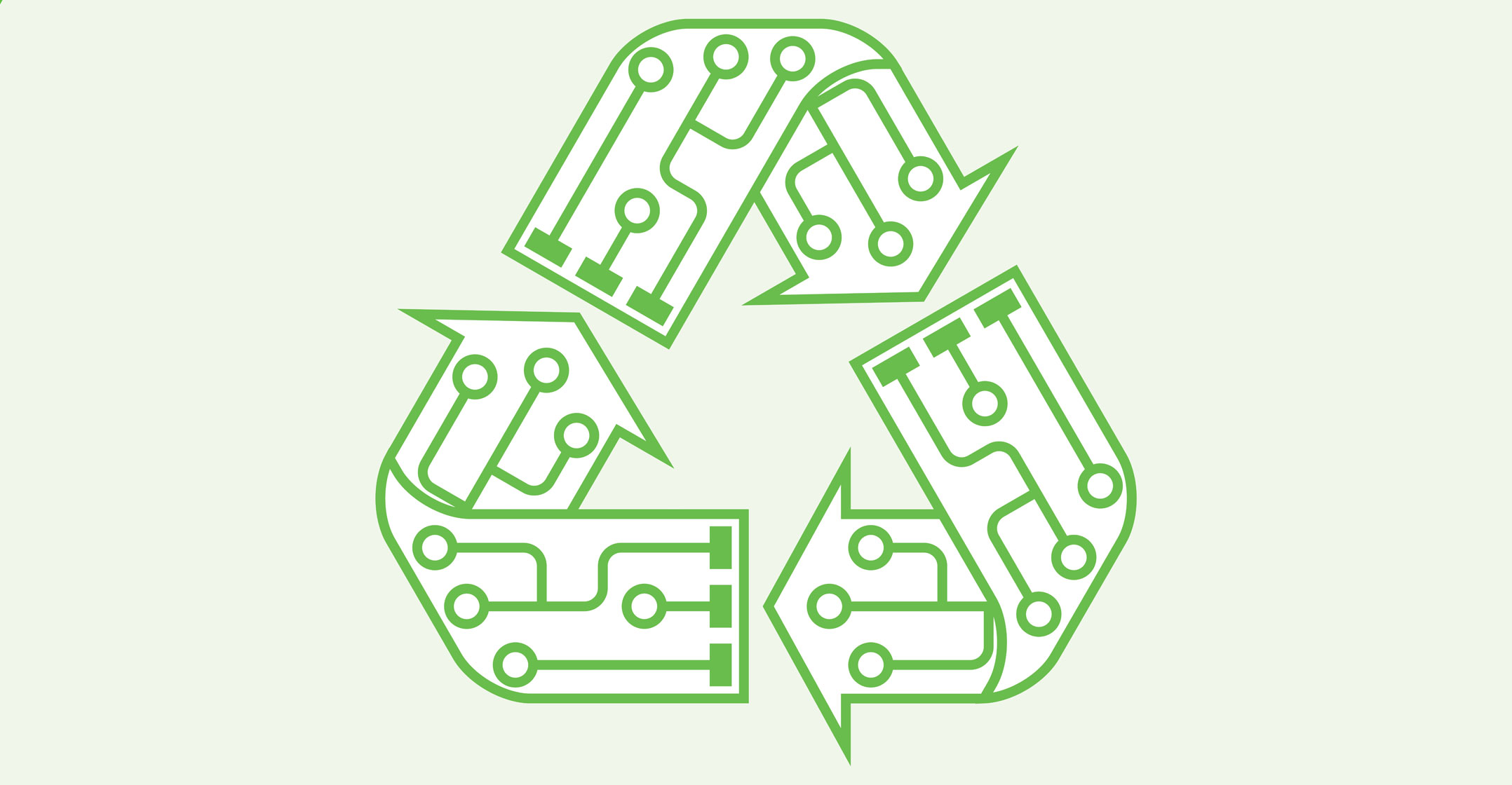 After intense debate, the department of forestry, fisheries & the environment allowed industry-led EPR schemes– with government oversight – which Schröder said is the best way to proceed with the EPR regulations.
After intense debate, the department of forestry, fisheries & the environment allowed industry-led EPR schemes– with government oversight – which Schröder said is the best way to proceed with the EPR regulations.
Companies that failed to register with the department and a PRO by 4 November can be prosecuted criminally, Schröder said, and they risk having their details handed over to the courts by the environment department, and then being fined millions of rand and could result in imprisonment of the directors for non-compliance.
The EPR fees, which have been reviewed by the minister of finance and the minister of trade, industry & competition, will cover among other requirements (as prescribed in the regulations):
- PRO administration costs;
- Marketing and awareness campaigns; and
- Contributions to the infrastructure to make it easy for consumers to drop off unwanted products for recycling, with the end-of-life management of these products utilising the larger part of the fee.
The PRO fees are to be made public.
A worry for consumers is that the fees will simply be passed on to them, fuelling inflation.
“The impact on the consumer is up to the producer. Some producers have stated they’ll internally absorb the fees; others say their margins are too low and will have to pass them on to their customers. The consumer in most cases is going to have to bear the additional cost,” Schröder said.
“Everybody has to contribute,” she said. “The consumer needs to think before they buy something: Do I really need this? Don’t impulse buy. Waste electrical and electronic equipment, which includes lighting products, is restricted from landfill, and landfills are running out of usable space.”
The regulations are ultimately worth it, Schröder said, as they contribute to the “circular economy”, ensuring products are sustainably managed. – © 2021 NewsCentral Media


